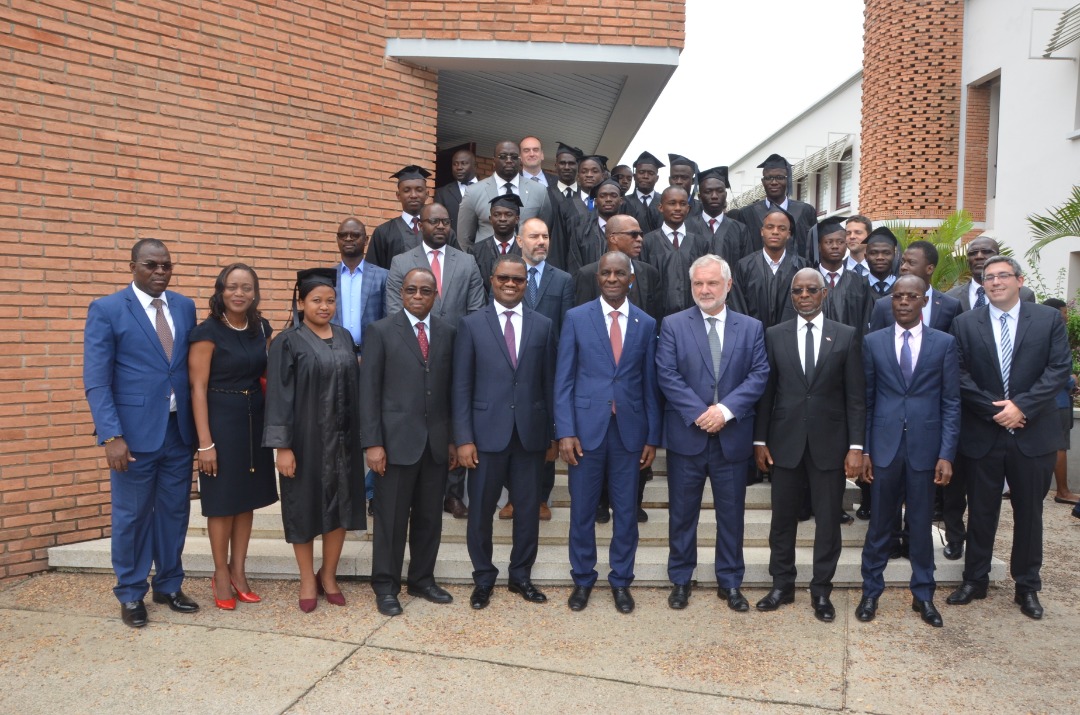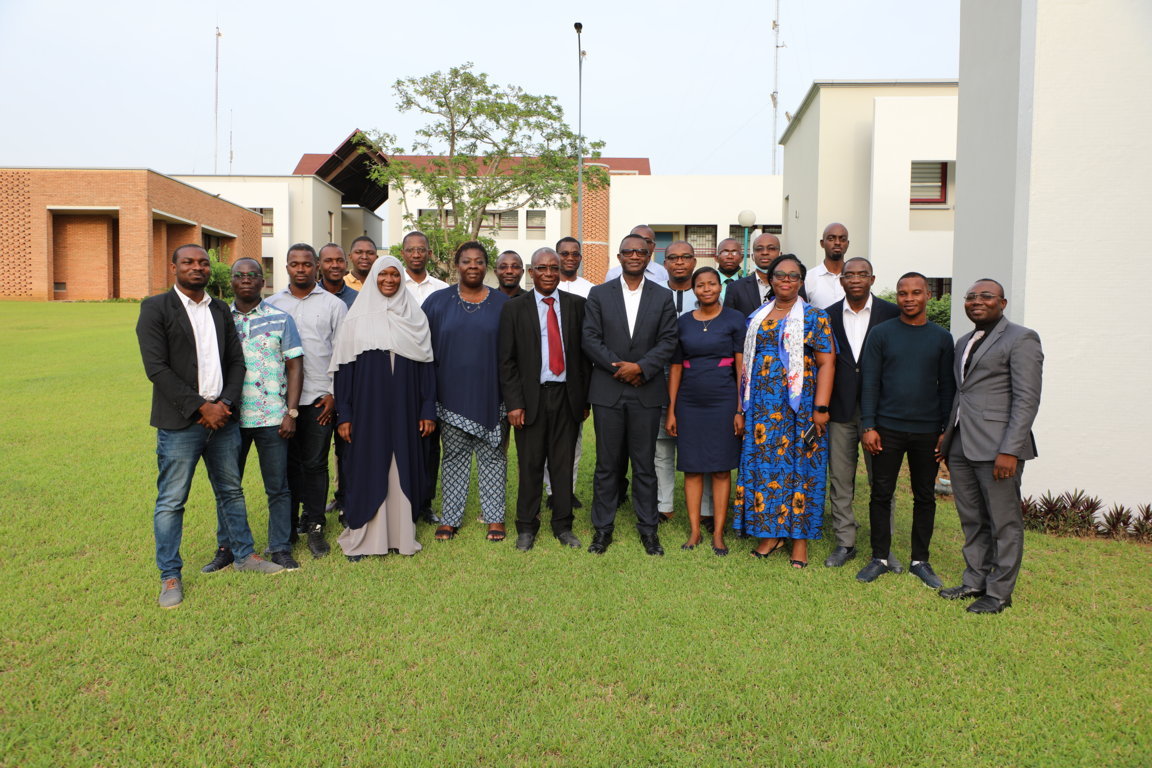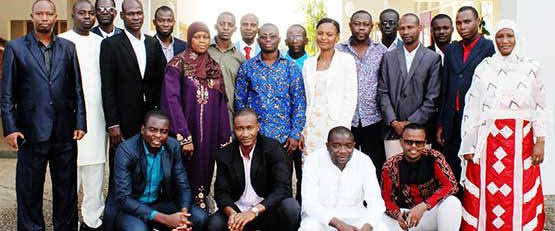Statistics Analysts are application managers whose role is the design, collection, analysis and dissemination of statistical production. Opened in 2020 following the educational reform findings of the RESA (African School of Statistics Network) schools’ training programs, the training lasts three academic years and includes theoretical courses, tutorials and three to four months of practical field training.
Engineers in Statistics and Economics are in charge of the collection, design and analysis of statistical and economic information. Their training lasts for three academic years and includes theoretical courses, practical work in the field during internships in companies or within public and para-public institutions or international organizations, etc.
Our Masters
This Master is a double degree open to students in the Engineering Degree in Statistics and Economics (ISE) program at ENSEA, as well as those in the Higher Studies in Actuarial Sciences (HEA) program at the National Polytechnic Institute (INP-HB). Students who have chosen this program will receive a double degree at the end of their training: the the Engineering Degree in Statistics and Economics (ISE) as well the Diploma of Actuarial Studies of the Institute of Financial and Actuarial Science (ISFA) of Lyon.
The Master in Data Science aims to train experts in the field of statistics, Artificial Intelligence and Big Data. It will allow them to appropriate an engineering based on the new trends in storage and processing of massive data. These courses are taught at the Data Institute of the National Polytechnic Institute (INP-HB) in Yamoussoukro and the internships are carried out in Abidjan. The Master in Data Science is intended for holders of the Secondary Education Baccalaureate +3 years of University studies, Master 1 or Master 2 certificates. Two student profiles can follow this training: students with a degree in Statistics and Computer Science.
The Professional Master’s Degree in Road Infrastructure Management (also known as 3ES) is a degree jointly delivered by the Ecole Nationale Supérieure de Statistique et d’Economie Appliquée d’Abidjan (ENSEA) and the Institut National Polytechnique Félix Houphouët Boigny (INPHB). This program is designed with the support of the Polytechnic Montreal and Michigan State University. This degree is designed within the framework of the Abidjan Transport Project, which is part of the Millennium Challenge Corporation’s Compact Program.
The opening of a special capacity building cycle for experienced professionals working in the field of agricultural statistics responds to the need to build the human resource capacity of these services. This cycle is part of the implementation of the training component of the Africa Action Plan of the Global Strategy for the Improvement of Agricultural and Rural Statistics, overseen by the United Nations Economic Commission for Africa. The training duration is 12 months.







